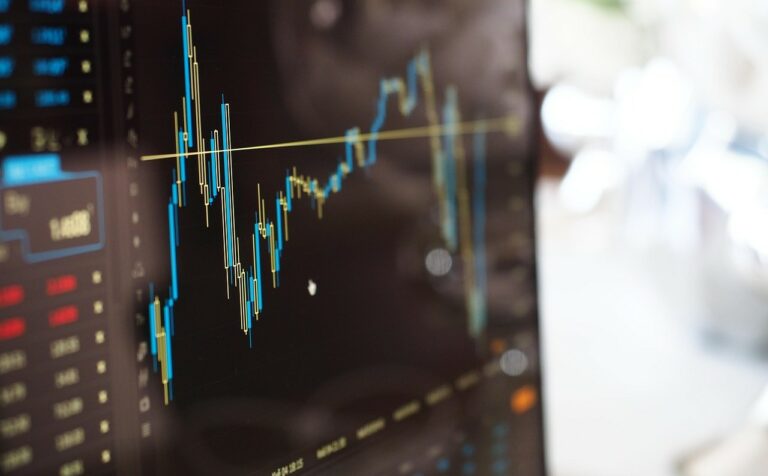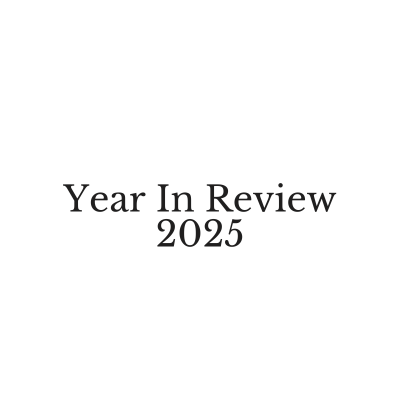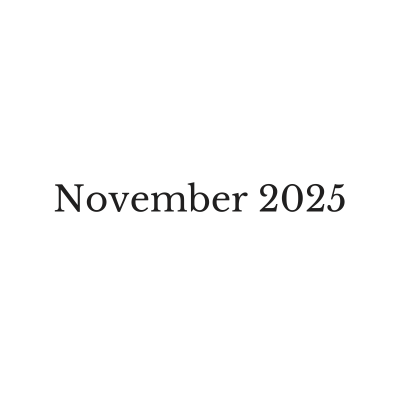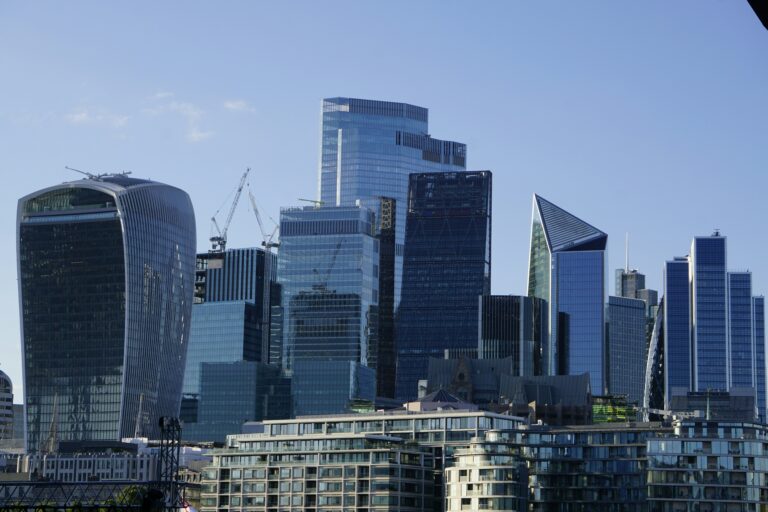August Review 2024
UK
The Bank of England cut interest rates from 5.25% to 5% on the 1st August, ahead of the release of United Kingdom Consumer Price Index annualised inflation figures for August which came in lower than forecast at 2.2% vs. 2.3%. The Bank of England has stated that it expects inflation to rise to about 2.75% in the second half of this year following price rises in the service sector and strong wage growth across the jobs market. Monthly GDP figures remain unchanged as expected ahead of the world central bankers’ summit in Jackson Hole, Wyoming, which took place on the 22nd August.
Politically, civil unrest spilt over from July into the first half of the month. Keir Starmer’s Labour government pledged to reform the UK prison system and warned of a £22bn black hole left over by the Conservatives. Chancellor Rachel Reeves is expected to outline a range of tax rises at the upcoming Autumn Budget on the 30th of October, after imposing VAT on private school fees.
US
On the 31st July, the Bank of Japan unexpectedly raised interest rates by 15 basis points, to 0.25%, with the Japanese index – Nikkei 225 – recording its worst day in 37 years. The surprise increase in interest payments led to the unwinding of a large quantity of long US equity positions investors had created using borrowed Yen.
Wall Streets ‘fear gauge’, the Volatility Index (VIX) rose by 135% in three trading sessions to an intra-day peak of 65.73 on Monday 5th August, alongside the 6% fall in the S&P500 index over the same period.
The equity market was left frothing at the mouth for a rate-cut from the Federal Reserve, as US Labour Market figures for the entire year were revised downwards by 818,000, nearly 30% less than initially reported. Fears of a hot labour market abated, and the Federal Reserve noted during its Jackson Hole Summit that the time had come for a rate-cut at its following meeting on September 18th.
US Monthly Consumer Price Index figures came in as expected at 0.2%, with annual CPI figures marginally lower than expected at 2.9% vs. 3% forecast suggesting that inflationary pressures in the US are easing. When viewed in parallel with the revised jobs market data, a strong case has been made by the Fed for future rate cuts, with markets currently pricing in 3 rate cuts before the end of the year.
Equity Markets
Warren Buffett’s Berkshire Hathaway announced that it had sold 505 million Apple shares over the first half of this year, dumping 55.8% of the long-term value fund’s crown jewel tech holding.
The share sale highlights the ongoing concern amongst tech investors over declining revenues in China across the industry as companies are faced with regulatory woes amidst the rising geopolitical tension between the US and China.
Artificial Intelligence’s guiding light NVIDIA, fell more than 6 percent in one day following its earnings announcement at the end of the month, as it failed to live up to the high expectations set by Wall Street.
One of NVIDIA’s many smaller counterparts, SuperMicroComputer which had previously benefited from a 300%+ monster rally at the start of this year as part of the AI frenzy, was hit with fresh allegations of “Accounting Manipulation, Sibling Self-Dealing And Sanctions Evasion” by infamous short-seller Hindenburg Research – leading to a 30% drop in the share price.
The FTSE100 was faced with a similar deleveraging to the S&P500 at the beginning of August dipping below the key 8000 level briefly as panic gripped markets before rebounding to its previous high of 8400 by month end. The FTSE100 mining sector has wrestled with a flood of steel and iron ore inventories led by China, slumping commodity prices and weighing down a key component of the index – leading a retracement to the 8200 mark.
Commodities
Gold rose to an all-time high of $2500 per oz, as China and Russia continued their wave of de-dollarisation. Western Central banks followed into the buying frenzy in order to maintain a presence in the global reserve commodity.
In July, 53% of China’s inbound and outbound transactions made use of the Chinese Renminbi, up 40% from the same period in 2021, demonstrating the influence of improved Sino-Russian relations cutting dollar dependency.
Steel exports from China are expected to top 100m tons in 2024, the highest figure since 2016. Hefty steel tariffs of at least 18.1% imposed by the EU have had little to no impact as domestic prices for hot rolled coil have fallen by a sufficient magnitude to remain cost competitive in spite of the extra duties.
Crude prices remained volatile throughout the month of August, trading a range of $71-78 per barrel. Announcement of potential delays to OPEC+ supply cuts were overshadowed by persistent concerns of weakening global demand – the tail end of August has since seen prices slip down to $69 mark below the key $70 per barrel level.
If you are interested in discussing your options, please contact the desk on 0207 466 5665.




